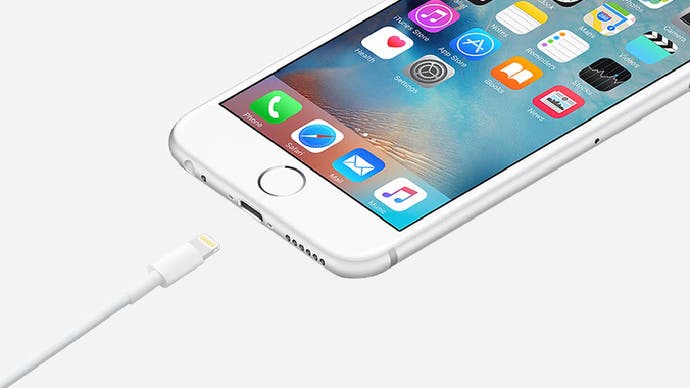Portable electronic devices sold in the EU will require USB-C charging by autumn 2024
UPDATE: UK not copying plans.
UPDATE 09/06/22: The UK is not "currently considering" copying the charger rule planned by the European Union.
As per Brexit, the UK does not have to comply with the new rule, although by the current post-Brexit arrangement the regulation would still apply in Northern Ireland as it remains inside the EU's single market for goods.
Critics of the regulation have stated it will stifle innovation, despite the benefits for reducing electronic waste.
A UK government spokesperson told the BBC "we are not currently considering replicating this requirement".
ORIGINAL STORY 08/06/22: By autumn 2024, all portable electronic devices sold in the EU will need to use USB Type-C for charging.
The European Commission announced plans for this last year and has now issued a press release confirming the 2024 deadline.
The aim is to reduce electronic waste and be more consumer friendly by having just one "common charger".
"Under the new rules, consumers will no longer need a different charging device and cable every time they purchase a new device, and can use one single charger for all of their small and medium-sized portable electronic devices," reads the press release.
"The charging speed is also harmonised for devices that support fast charging, allowing users to charge their devices at the same speed with any compatible charger."
The new rules will impact phones, tablets, e-readers, earbuds, digital cameras, headphones and headsets, handheld videogame consoles and rechargeable portable speakers.
Laptops will also need to use USB-C, though there's an extra 40 months added to the autumn 2024 deadline.
The Nintendo Switch and Steam Deck consoles both already use USB-C for charging.
The biggest impact, then, will be Apple's iPhones and iPads, which will no longer be able to use lightning cables. That said, as its new devices can also be charged wirelessly, this could become the new standard.


